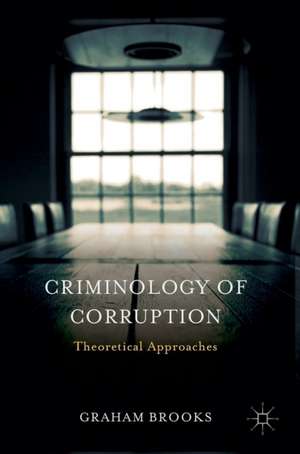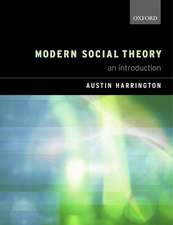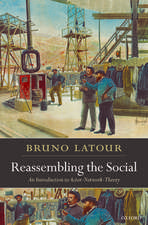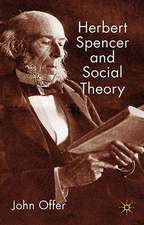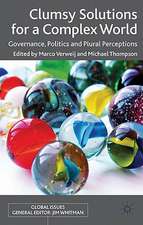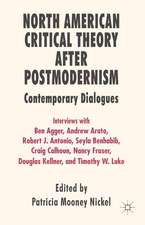Criminology of Corruption: Theoretical Approaches
Autor Graham Brooksen Limba Engleză Hardback – 14 noi 2016
This book uniquely applies theoretical approaches from criminology and sociology to the problem of corruption. Theoretical thoughts have future consequences on how we treat, punish and deter and corruption policy illustrates that theoretical approaches affect what laws and techniques are implemented. Theoretical approaches, however, are not developed in a social and political vacuum; they are a part of the changing social world and understanding why corruption occurs is a preface to developing strategies to control and prevent it.
Preț: 697.15 lei
Preț vechi: 820.18 lei
-15% Nou
Puncte Express: 1046
Preț estimativ în valută:
133.40€ • 139.65$ • 110.38£
133.40€ • 139.65$ • 110.38£
Carte tipărită la comandă
Livrare economică 05-19 aprilie
Preluare comenzi: 021 569.72.76
Specificații
ISBN-13: 9781137517234
ISBN-10: 1137517239
Pagini: 240
Ilustrații: VI, 235 p.
Dimensiuni: 148 x 210 x 20 mm
Greutate: 0.43 kg
Ediția:1st ed. 2016
Editura: Palgrave Macmillan UK
Colecția Palgrave Macmillan
Locul publicării:London, United Kingdom
ISBN-10: 1137517239
Pagini: 240
Ilustrații: VI, 235 p.
Dimensiuni: 148 x 210 x 20 mm
Greutate: 0.43 kg
Ediția:1st ed. 2016
Editura: Palgrave Macmillan UK
Colecția Palgrave Macmillan
Locul publicării:London, United Kingdom
Cuprins
Chapter 1. Introduction.- Chapter 2. Studying Corruption: An Interdisciplinary Problem.- Chapter 3. The Extent of Corruption.- Chapter 4. Explaining Corruption: Differential Association.- Chapter 5. Explaining Corruption: Experiencing Strain in the 'Modern' World.- Chapter 6. Explaining corruption: Drifting in and out of Corruption and Techniques of Neutralization.- Chapter 7. Explaining Corruption:Why Don't We All Commit Acts of Corruption?.- Chapter 8. Explaining Corruption: Inevitable in a 'System' of Conflict.- Chapter 9. Explaining Corruption: The Power to Label Organizational, Institutional and Individuals as Corrupt.- Chapter 10. Explaining Corruption: A Rational, Calculated Choice?.- Chapter 11. Explaining Corruption: A Routine 'Business' Activity?.- Chapter 12. Reflections and Conclusion.- References.
Notă biografică
Graham Brooks is Professor of Criminology at the University of Wolverhampton, UK. He specialises in corruption in sport, healthcare, aid and the financial sector in an international context. He is lead author of The Prevention of Corruption: Investigation, Enforcement and Governance (2013) and Fraud, Corruption and Sport (2013).
Textul de pe ultima copertă
This book uniquely applies theoretical approaches from criminology and sociology to the problem of corruption. Theoretical thoughts have future consequences on how we treat, punish and deter and corruption policy illustrates that theoretical approaches affect what laws and techniques are implemented. Theoretical approaches, however, are not developed in a social and political vacuum; they are a part of the changing social world and understanding why corruption occurs is a preface to developing strategies to control and prevent it.
Caracteristici
Presents a novel interdisciplinary analysis of corruption Utilises findings from a wide range of international and recent case studies Provokes discussion about the most relevant and useful theoretical approaches for the study of corruption
